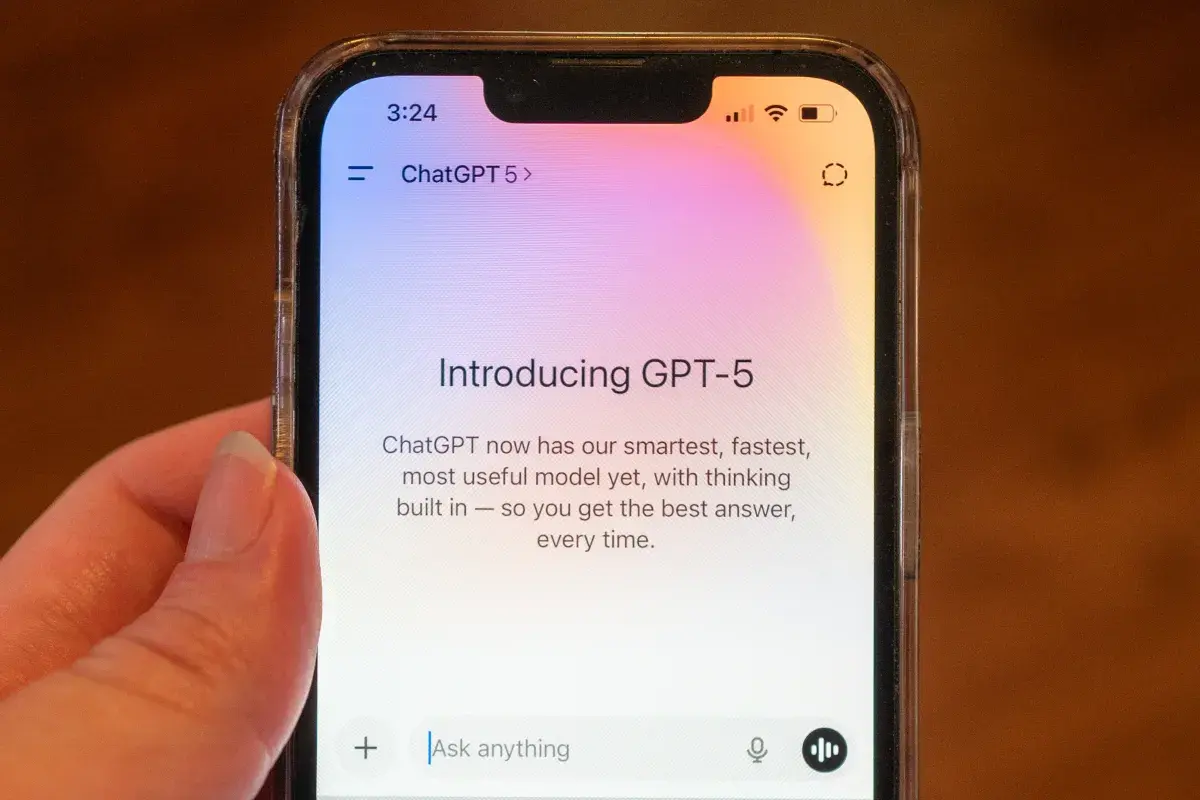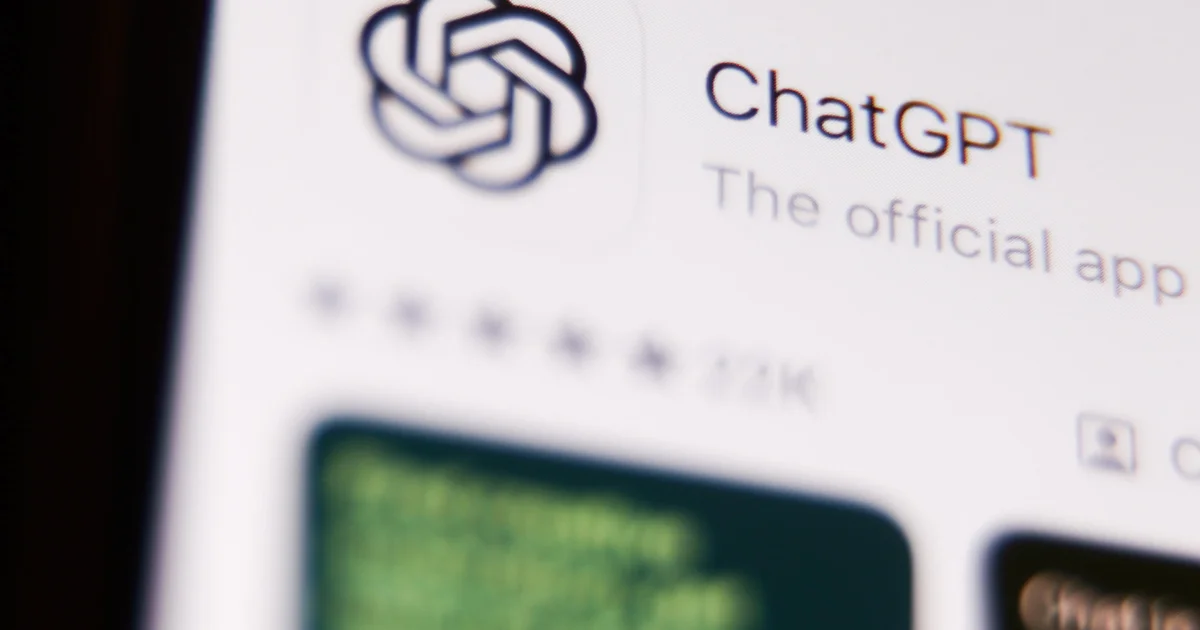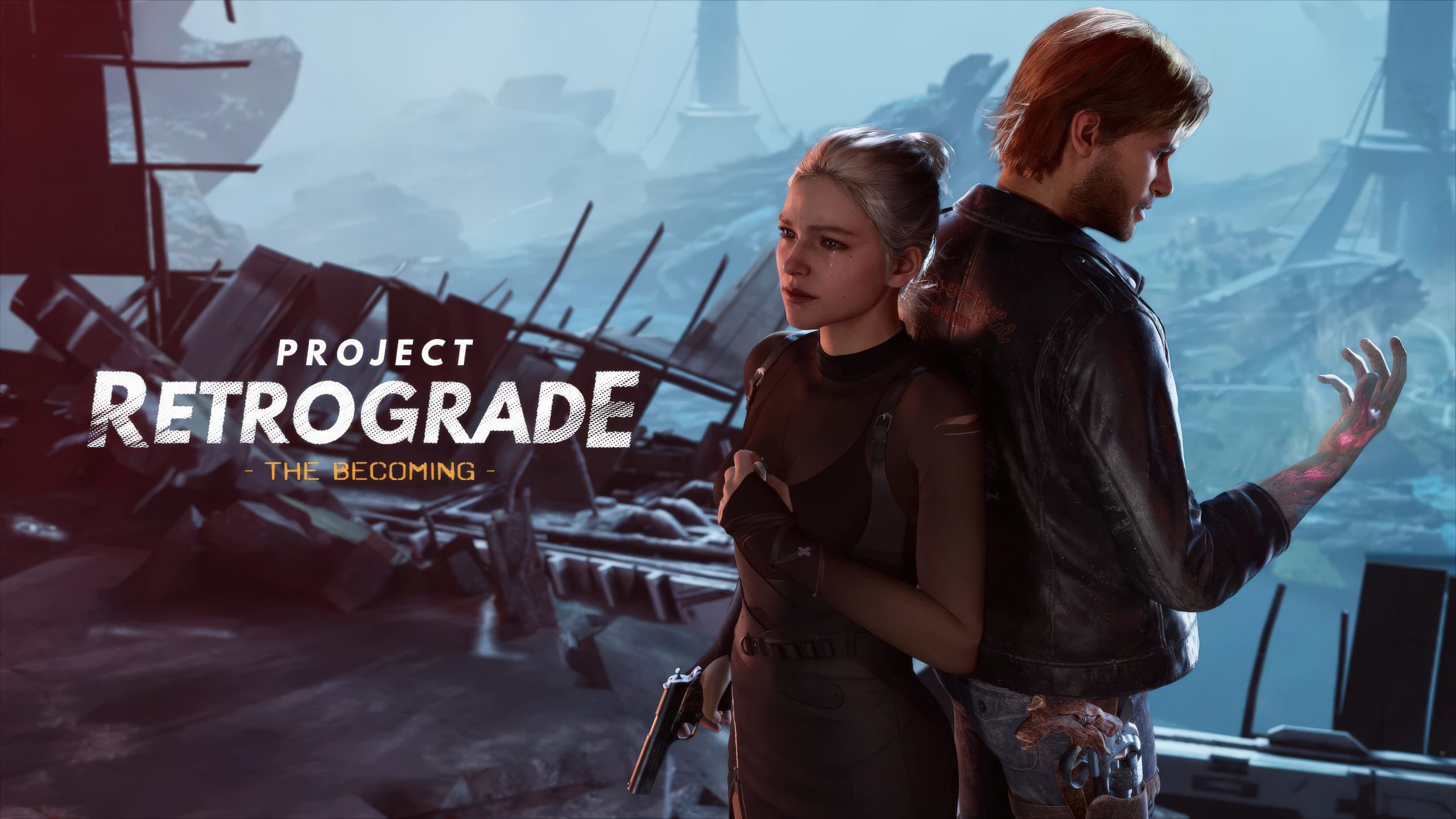
A staggering third of Americans have had a romantic relationship with an artificial intelligence system, according to a new study from Vantage Point Counseling Services.
Approximately 28 percent of adults said they have had at least one intimate or romantic relationship with AI, the survey of more than 1,000 U.S. adults found.
Why It Matters
Artificial intelligence systems have disrupted the workforce as well as how humans more broadly interact with technology and each other.
As the quality of AI chatbots improves, some humans are finding them more suitable to converse with than other people, causing concerns over how the technology could change or even reduce dating in the future.
What To Know
Beyond just romantic relationships, 53 percent of U.S. adults have had some kind of relationship with an AI system, whether as a friend, colleague or confidant, the survey found.
Specifically, ChatGPT was the top-rated platform that humans feel most connected to, followed by Character.ai, Alexa, Siri, and Gemini.
The report found that adults in relationships were actually more likely to pursue intimacy with AI, and half of all adults over age 60 said AI intimacy was not cheating.
Younger adults, those between 18 to 29, however, were most likely to say it was cheating and unacceptable in a relationship.
“Cheating isn’t just about physical contact because it also includes secrecy, deception, and breaking agreements,” Michael Salas, the owner of Vantage Point Counseling, said in a statement. “For some couples, an AI relationship feels harmless. For others, it crosses a line. The important part is having honest conversations about where those boundaries are.”
What People Are Saying
Salas said in a statement: “We’re entering uncharted territory. These findings show that AI is becoming a source of comfort, novelty, and even intimacy. That raises new questions for couples, therapists, and society about fidelity, loneliness, and what we really seek in connection.”
Alexandra Cromer, a licensed professional counselor with Thriveworks, told Newsweek: “One of the main reasons that someone would seek out a romantic relationship with an AI bot is due to feelings of loneliness, isolation, and low self-esteem. We know that there has been a significant increase in the prevalence of loneliness since COVID and that seems to be continuing to rise. As technology continues to develop, we’ll see perceived emotional and romantic love and support to be more accessible as AI develops. Again, caution is indicated when engaging in any sort of discourse (romantic or otherwise) with an AI bot due to the bot’s subjectivity and tendency to falsify information or provide incorrect information.”
What Happens Next
The curiosity and novelty behind AI may be driving even people in happy relationships to experiment with AI, Salas said.
“Even people in fulfilling human relationships may explore AI intimacy, not because something is missing, but because it feels safe, low-stakes, and intriguing,” Salas said. “That doesn’t always mean dissatisfaction because sometimes, it can mean exploration.”
However, Salas warned that AI intimacy carries risks like any other relationship substitute.
“It can become addictive, reinforce avoidance of conflict, or set unrealistic expectations for human partners,” Salas said. “These patterns can make it harder to form or sustain healthy human connections.”



